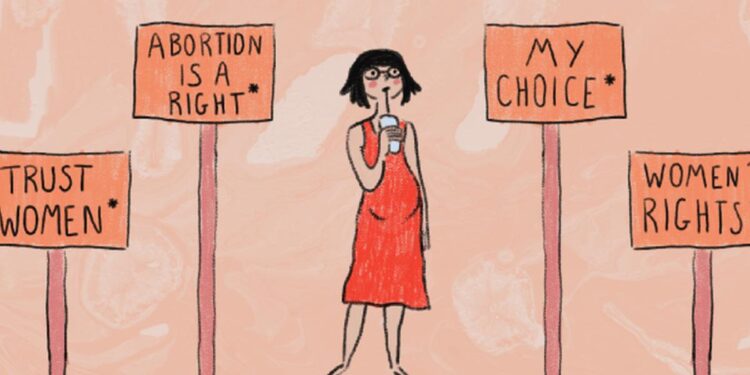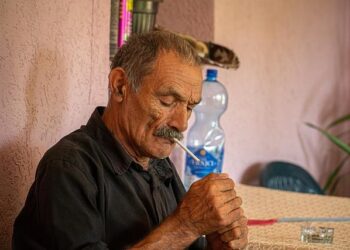Pressure is mounting on the Catholic Church in Andorra to reconsider its staunch opposition to abortion as calls for decriminalisation intensify across the small Pyrenean principality. Despite the country’s deeply rooted Catholic identity and stringent laws banning abortion under all circumstances, growing public debate and international scrutiny are challenging the Church’s influence over reproductive rights. This emerging pressure marks a significant moment in Andorra’s ongoing struggle between preserving traditional religious values and addressing contemporary demands for women’s autonomy and healthcare reform.
Pressure Mounts on Andorran Church Amid Growing Calls for Abortion Law Reform
Growing activism and public debate in Andorra have intensified pressure on the Catholic Church, traditionally a staunch opponent of abortion, to reconsider its stance amid rising calls for legislative change. Advocates argue that current laws, which criminalize abortion without exception, place women’s health and rights at significant risk, sparking calls for compassionate reform. Local groups, including human rights organizations and medical professionals, emphasize the need for urgent dialogue with Church leaders to address the issue from a pastoral and humanitarian perspective.
The situation is further complicated by the Church’s influential role in Andorran society, where its teachings deeply shape public policy. Critics highlight several key areas of contention:
- Strict legal prohibitions that leave no room for exceptions in cases of rape, incest, or threat to the mother’s life.
- Limited access to reproductive healthcare and the consequences for vulnerable populations.
- Growing public dissent evidenced by recent demonstrations and petitions demanding reform.
Below is an overview of current abortion policies compared to neighboring countries:
| Country | Legal Status of Abortion | Exceptions Allowed |
|---|---|---|
| Andorra | Fully Prohibited | None |
| Spain | Legal on request | Yes |
| France | Legal on request | Yes |
| Portugal | Legal on request | Yes |
Experts Urge Dialogue and Legal Review to Address Women’s Health and Rights Concerns
Amid rising tensions in Andorra, a coalition of legal scholars, healthcare professionals, and human rights advocates have called for a comprehensive dialogue involving both religious institutions and civil authorities. They emphasize that addressing women’s health and rights concerns requires transparent discussions grounded in legal evidence and respect for diverse perspectives. Experts argue that current legislation poses significant challenges to women’s access to safe medical care and that a review by constitutional courts is essential to ensure laws align with international human rights standards.
Key proposals put forward by the coalition include:
- Establishment of a bipartisan commission to study the impact of criminalizing abortion on public health.
- Implementation of educational programs to foster informed conversations between the Church, government, and affected communities.
- Regular publication of health data related to reproductive services to maintain transparency.
| Stakeholder | Role | Request |
|---|---|---|
| Legal Experts | Advise on constitutional implications | Call for judicial review |
| Healthcare Professionals | Assess medical outcomes | Promote safe access to care |
| Religious Leaders | Represent faith perspectives | Engage in open dialogue |
| Human Rights Groups | Advocate for rights protection | Demand policy reform |
Future Outlook
As the debate over abortion rights intensifies in Andorra, the pressure on the Catholic Church-a dominant social and moral authority in the nation-continues to mount. Advocates for decriminalisation argue that reform is necessary to align the country’s laws with broader European human rights standards, emphasizing women’s health and autonomy. Meanwhile, the Church remains steadfast in its opposition, underscoring its deep-rooted influence on Andorran society and legislation. The coming months are likely to prove pivotal as both sides navigate a complex intersection of faith, law, and personal rights in one of Europe’s last countries where abortion remains criminalised.
















